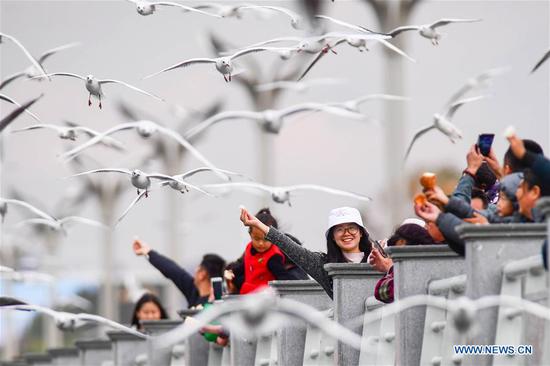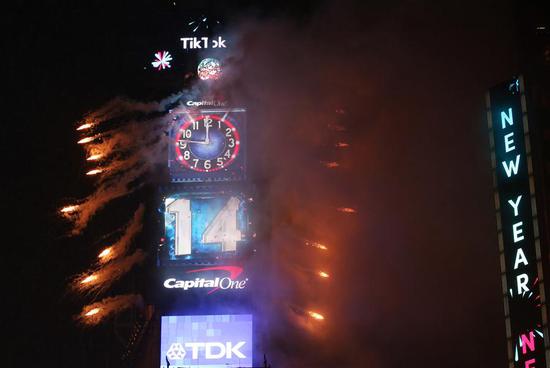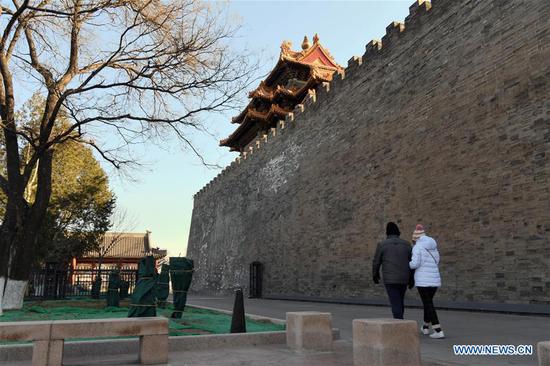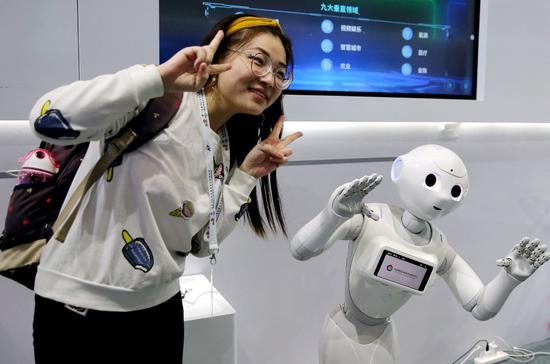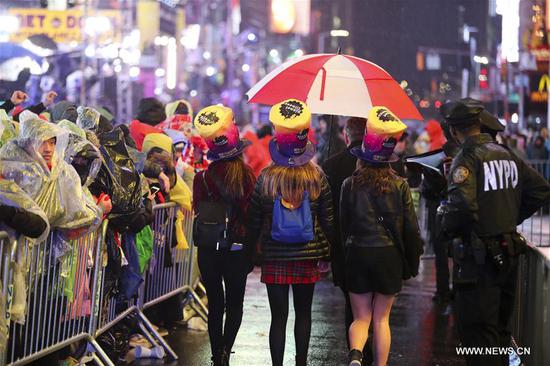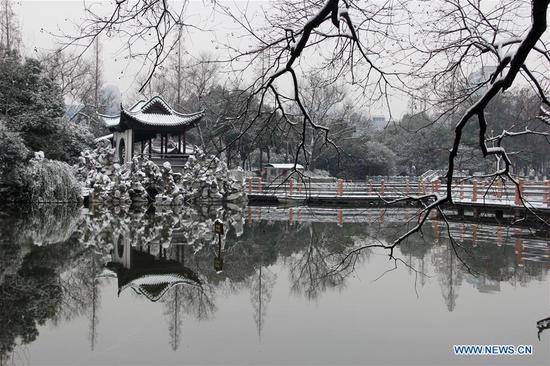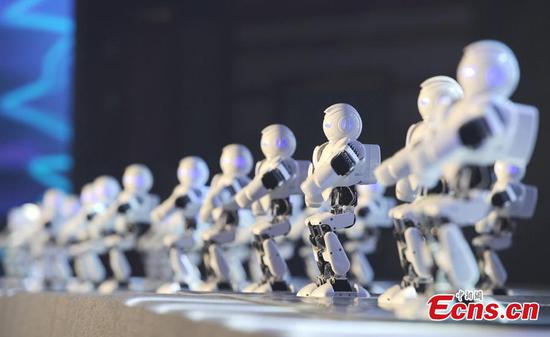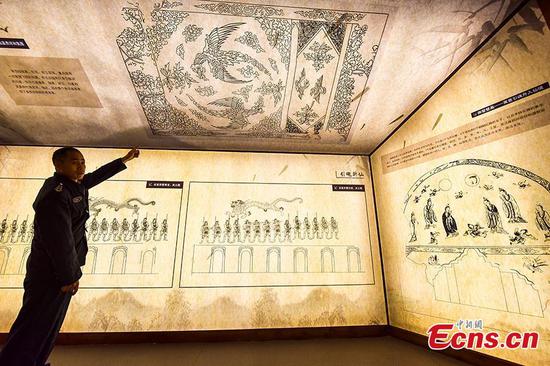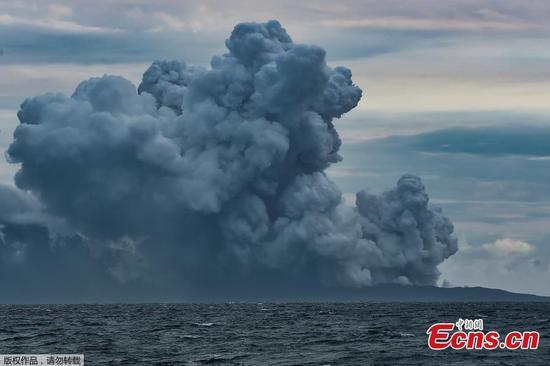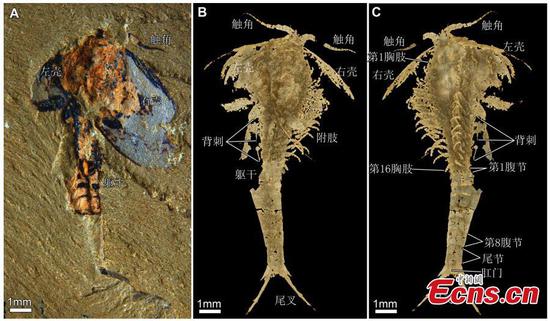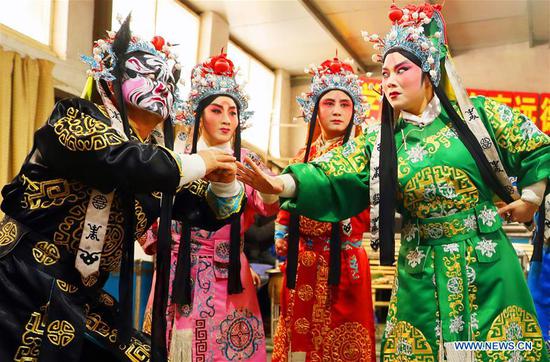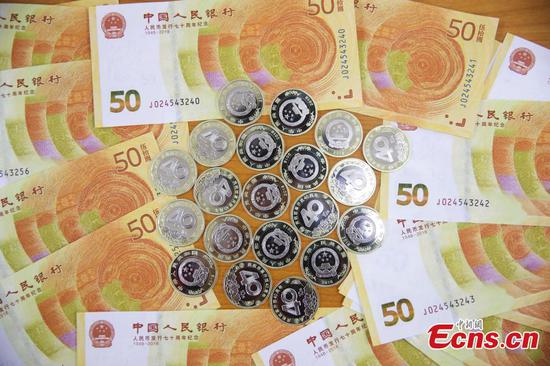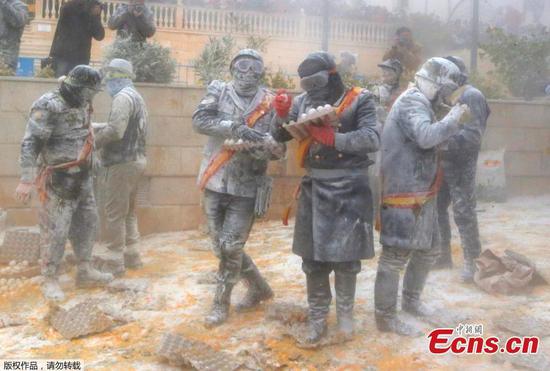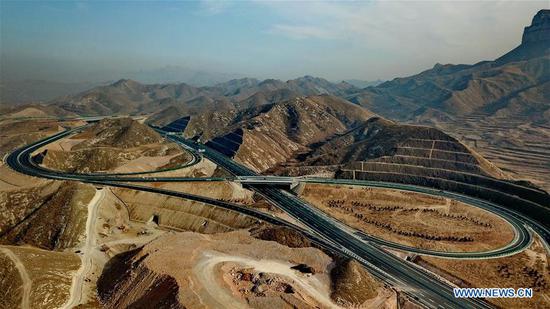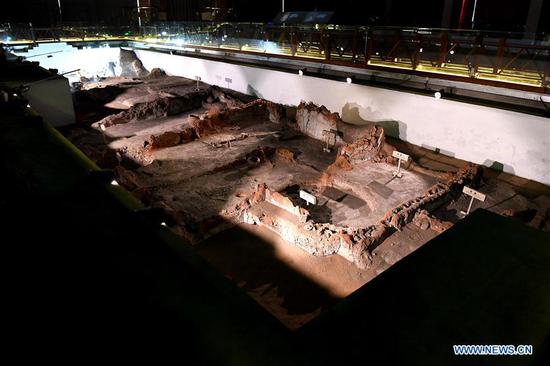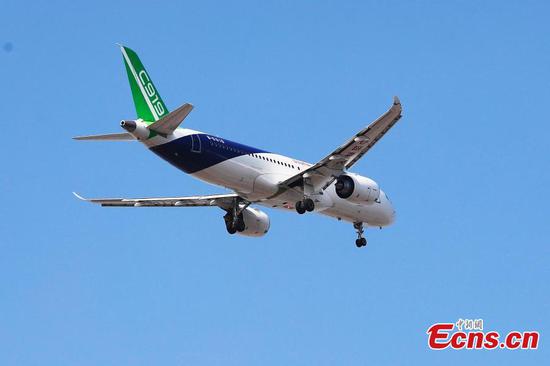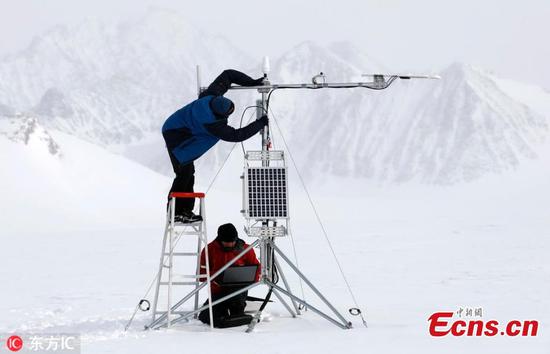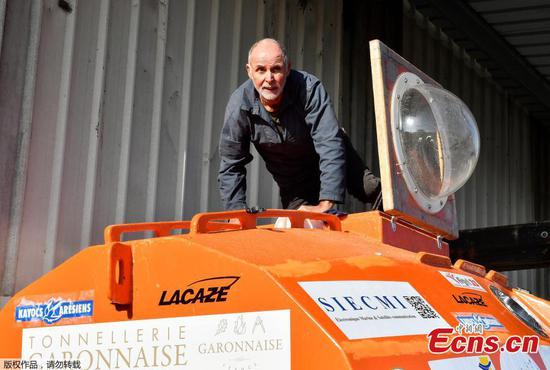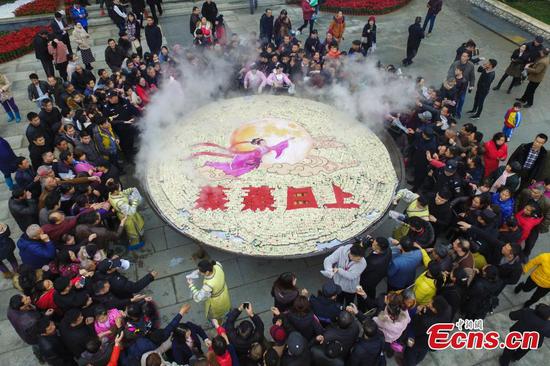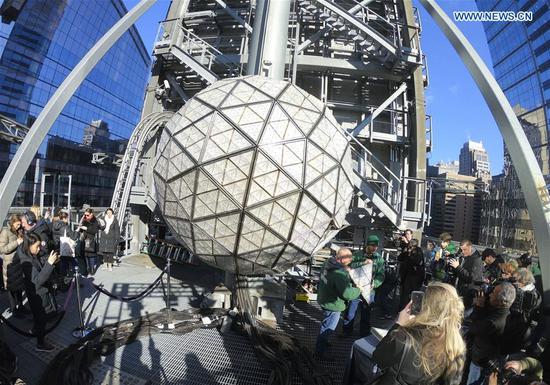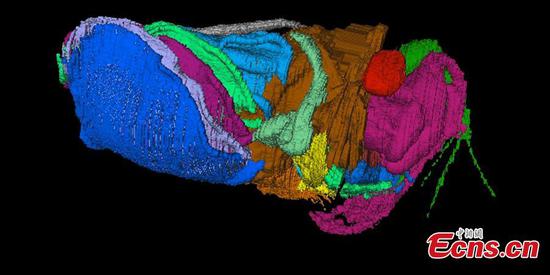
Visitors learn about the city big data management system at the Huawei stand during the Fourth China Smart City International Expo 2018 in Shenzhen, Guangdong province, on Aug 21, 2018. (Photo/China News Service)
Huawei's new platform makes daily tasks more efficient amid rise of a $400 billion smart city industry
Driving in a Chinese metropolis is never easy. In cities like Shenzhen, Guangdong province, for example, more than 500 vehicles vie for space in a square kilometer. But, of late, local drivers are finding that traffic lights are becoming smarter and making their daily trips more pleasant.
Liu Chang, a software engineer who drives to work every day across the Bantian area, said: "Previously, I had to wait for several minutes at crossroads, with my eyes glued to traffic lights and feeling that centuries have passed before I move. But now I can go through key intersections within seconds."
The secret to this dramatic improvement lies in a string of artificial intelligence-enabled cameras and a digital platform co-built by the local police and Huawei Technologies Co Ltd.
The AI-powered cameras, installed near traffic lights, can see 200 objects in four lanes. The platform, functioning as "a brain", can adjust traffic lights in accordance with queuing vehicles and weather conditions. All these tasks are accomplished in real time.
Li Qiang, director of transportation technology at the Shenzhen Municipal Public Security Bureau, said the platform can also assist with traffic management by auto-matically identifying whether people are wearing seatbelts or making phone calls while driving.
With the platform put into use on certain road sections of Shenzhen, the traffic flow has improved 8 percent, with the average vehicle speed surging by 15 percent, he said.
The transportation solution is part of a broader push by Huawei to build a smart digital platform that provides a real-time navigable digital model of a city to make urban living better and more efficient.
By leveraging AI, cloud computing, the internet of things and other cutting-edge technologies, Huawei aims to turn the idea of a smart city into reality.
Yan Lida, president of the enterprise business group at Huawei, said: "It is a highly sophisticated process to integrate the physical world with the digital world, which is in dire need of well-orchestrated support from a wide range of technologies.
"Huawei aims to construct the essential and fundamental platform, or the soil, for all partners to thrive, and to bring in all their capacities so as to help drive digital transformation forward."
According to Yan, with more than 16,000 partners around the world, Huawei will step up its push to construct an open platform and lure more companies in.
Huawei's intensified push into the smart city arena came as a string of tech heavyweights such as Alibaba Group Holding Ltd, Tencent Holdings Ltd and Baidu Inc are upping their ante too.
A McKinsey research report forecast that the global smart city industry covering 600 cities worldwide is projected to spawn a $400 billion market by 2020. These cities are expected to generate 60 percent of the world's GDP by 2025.
"In comparison with rival products, our platform's edge lies in our full-stack of technology support, the capacity to serve all industries and our open attitude toward all partners," said Lu Qi, president of marketing and sales at Huawei's enterprise business group.
Different from most players that focus only on offering the platform as a service, or PaaS, Huawei has a sprawling presence across hardware, infrastructure as a service, and PaaS.
The company is also in a good position to serve all sectors, with a focus on public governance, transportation, finance, energy and manufacturing at the moment, Lu said.
According to him, clients who choose Huawei's platform have a choice to adopt technological solutions for specific application scenarios from other companies. Such freedom has enabled Huawei to stand out from the competition.
In October, the Shenzhen-based company announced it was partnering the Tianjin municipal government to build a smart platform, or digital twin, for the Binhai New Area.
The platform will be able to help government officials deal with daily routines related to tasks like reducing unemployment, and emergencies including floods and fires.
"Huawei has helped us design over 4,000 parameters such as education indexes and health indexes to gauge the status of urban citizens. Based on these data, we will develop a slew of models to conduct intensive data analysis, which will allow officials to predict what will happen and how to respond to them," said Chen Song, an official in Tianjin in charge of smart city construction for the Binhai New Area.
"Without a good platform, it is impossible to coordinate and integrate mounting cross-system resources. Huawei's full package of products has put it in a good position to help us build such a platform," he said.











